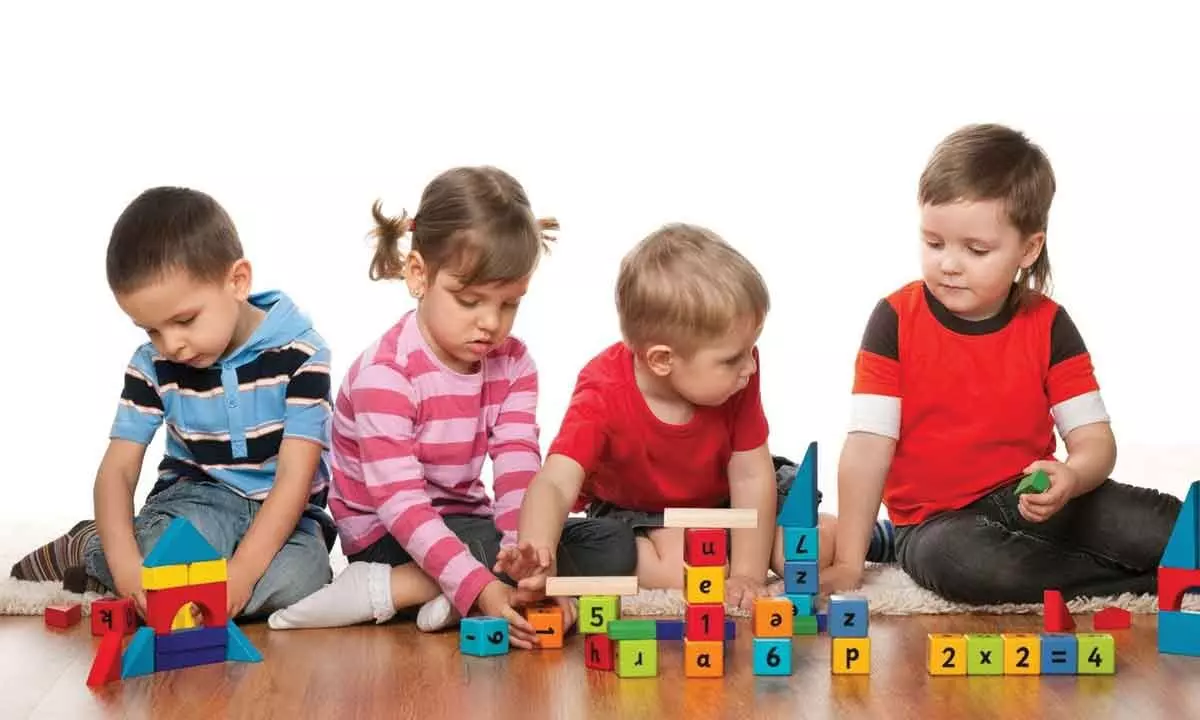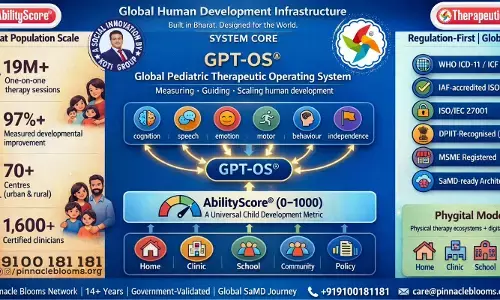Integrating game-based learning into pre-school curriculum

Early childhood programmes that emphasise play-based learning can aid in laying the groundwork for future academic achievement. They aid in the formation of socially adept students who are able to address issues and come up with solutions. Young learners greatly benefit from game-based and interactive educational activities, which should be included in the preschool curriculum with an emphasis on their overall development
Textbooks and formal education have been used for a long time. However, the use of play-based learning in the early childhood and elementary curriculum has gained traction in recent years. Its adaptability and flexibility make it an ideal learning method.
Furthermore, high-quality play-based preschool programmes that expose children to learning and problem-solving through self-initiated activities and teacher guidance can have long-term benefits. Children's learning outcomes in these programmes outperform traditional classroom learning strategies. Let's have a closer look at it–
Is play-based learning relevant?
Preschoolers look forward to fun learning. Therefore, they must go beyond the traditional A, B, C, D schooling and study new disciplines. Due to its integrated method of teaching these subjects, science, technology, engineering, arts, and mathematics (STEAM) education is quickly gaining momentum and popularity in India. Children are introduced to robotics, coding, and STEAM-based activities through game-based learning in order to improve their conceptual understanding and logical reasoning.
Preschools strive to provide in-depth learning opportunities of these topics through an interactive and engaging learning environment where children can play, learn, and express themselves. Nowadays, every preschooler needs to learn how to express themselves creatively, and games make that process simpler. These games and activities promote joy, creativity, and learning in children at a young age.
For example, the colour mix game can be used to develop children's fine motor skills. Teachers can play colour-mixing with them, where they have to mix the primary colours- red, blue, and green to discover the secondary colours- pink, yellow, orange, etc. Such fun learning activities can help children quickly grasp complicated concepts. Counting the eggs, letter hunting, and preparing your own snacks are other exciting games that can help teachers provide an interactive learning experience to children.
Why integrate game-based learning?
Similar to traditional schooling, early childhood programmes that use games place a greater emphasis on teaching and learning overall. The cognitive powers of the brain are considerably enhanced by gaming. Also, it improves one's ability to think critically, which lengthens one's memory power.
Early childhood programmes that emphasise play-based learning can aid in laying the groundwork for future academic achievement. They aid in the formation of socially adept students who are able to address issues and come up with solutions. Young learners greatly benefit from game-based and interactive educational activities, which should be included in the preschool curriculum with an emphasis on their overall development.
Over to the readers
Discussions about modernising the curriculum are underway. Preschools are looking for new ways to keep students engaged while teaching them to be critical, confident, creative, and ready for the contemporary environment.
As more schools and learning platforms consider transitioning to digital curricula, the number of solutions available to address these concerns have increased. Game-based learning is one such solution; this approach to curriculum and teaching is set to reap the benefits in the coming years.

















